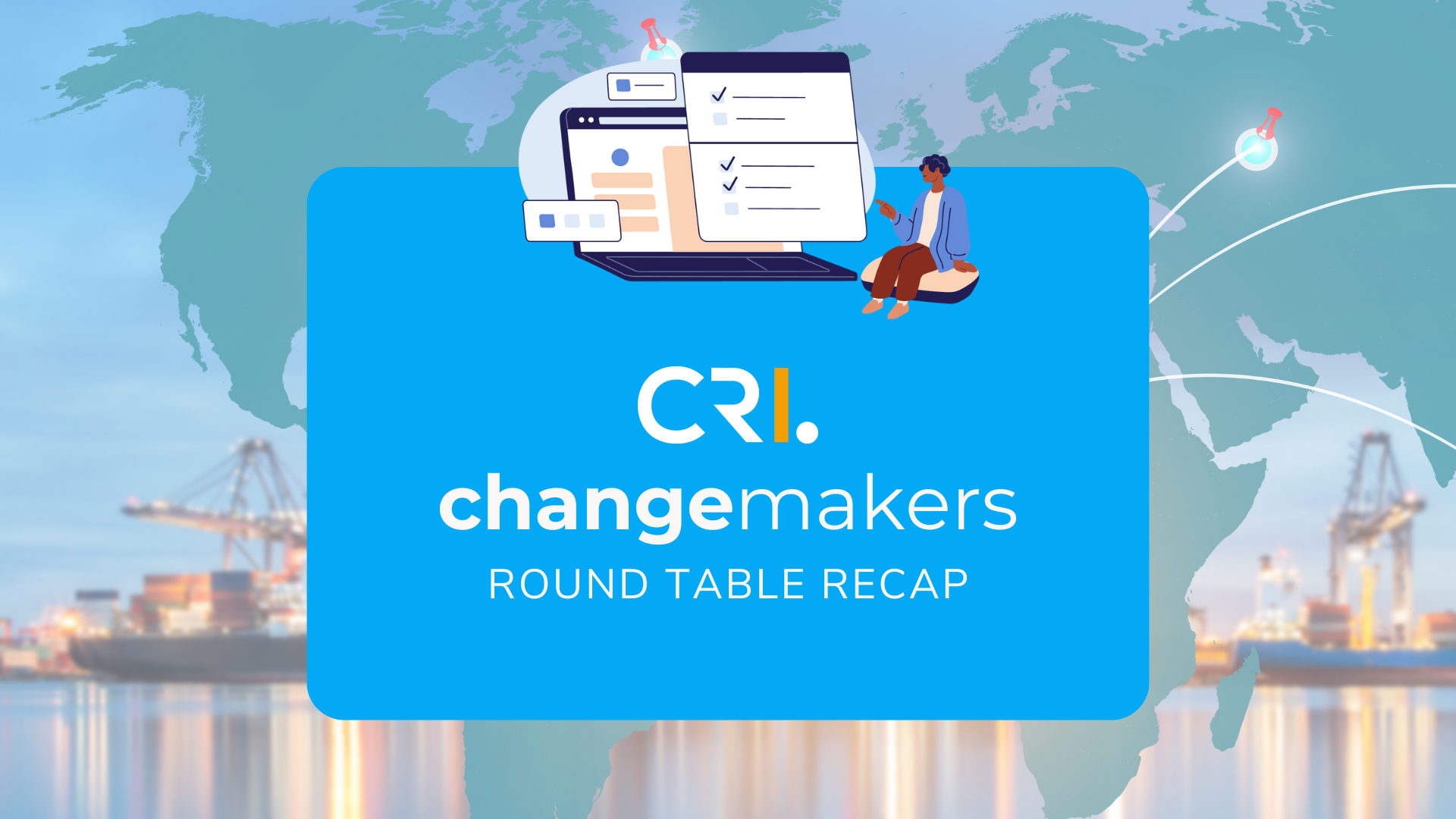CRI recently hosted a Corporate Mobility Roundtable at our DFW headquarters, bringing together industry experts to discuss the evolving landscape of corporate relocation, global mobility, and tax policy. With shifting immigration laws, compliance challenges, and upcoming tax changes, staying informed has never been more critical. A special thank you to our sponsoring partners—Fragomen, Glomo, and Global Tax Network—for their invaluable support in facilitating these timely discussions.
(Disclaimer: This overview is for informational purposes only and should not be considered legal or tax advice.)

